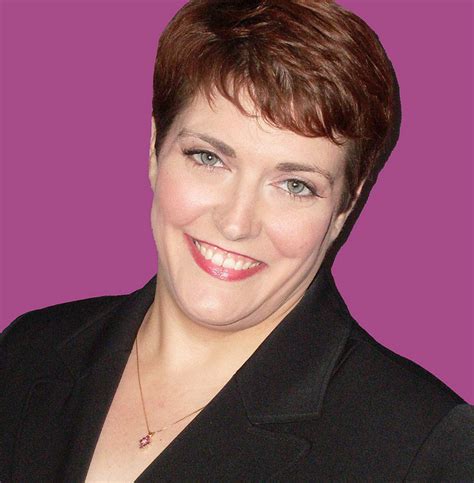A Quote by Salim Akil
When you're given a certain amount of power - like, you're a writer and an employed writer, and you put pen to paper, and people are going to read what you write - that's power.
Related Quotes
As every writer knows... there is something mysterious about the writer's ability, on any given day, to write. When the juices are flowing, or the writer is 'hot', an invisible wall seems to fall away, and the writer moves easily and surely from one kind of reality to another... Every writer has experienced at least moments of this strange, magical state. Reading student fiction one can spot at once where the power turns on and where it turns off, where the writer writes from 'inspiration' or deep, flowing vision, and where he had to struggle along on mere intellect.
No one can teach writing, but classes may stimulate the urge to write. If you are born a writer, you will inevitably and helplessly write. A born writer has self-knowledge. Read, read, read. And if you are a fiction writer, don't confine yourself to reading fiction. Every writer is first a wide reader.
No one can teach writing, but classes may stimulate the urge to write. If you are born a writer, you will inevitably and helplessly write. A born writer has self-knowledge. Read, read, read. And if you are a fiction writer, dont confine yourself to reading fiction. Every writer is first a wide reader.
It's not possible to advise a young writer because every young writer is so different. You might say, "Read," but a writer can read too much and be paralyzed. Or, "Don't read, don't think, just write," and the result could be a mountain of drivel. If you're going to be a writer you'll probably take a lot of wrong turns and then one day just end up writing something you have to write, then getting it better and better just because you want it to be better, and even when you get old and think, "There must be something else people do," you won't be able to quit.
I can only tell you the kind of power I want, which is the power to persuade. But I do not want the power to tell other people what to do. Persuade assumes that the other person is going to make the decision. Especially as a writer and an activist, I want the power to put ideas and possibilities out there, but I understand that they will only work if they are freely chosen, so I don't want the power to dictate or to force the choice, ever.
I say "on principle" [regarding 'lesbian writer'] because whenever you get one of your minority labels applied, like "Irish Writer," "Canadian Writer," "Woman Writer," "Lesbian Writer" - any of those categories - you always slightly wince because you're afraid that people will think that means you're only going to write about Canada or Ireland, you know.
I do find that people are incredibly naive about what it is to be a writer. Like you would pay an incredible amount of money for an MFA program and still not have the slightest idea of how one goes about becoming a writer. So, I'm always flabbergasted when people say, "Oh, I was invited to do a reading, but I'm not going to read because I don't have a book.".
I think the first thing - if you want to be a writer - the first thing you need to do is write. Which sounds like an obvious piece of advice. But so many people have this feeling they want to be a writer and they love to read but they don't actually write very much. The main part of being a writer, though, is being profoundly alone for hours on end, uninterrupted by email or friends or children or romantic partners and really sinking into the work and writing. That's how I write. That's how writing gets done.





























